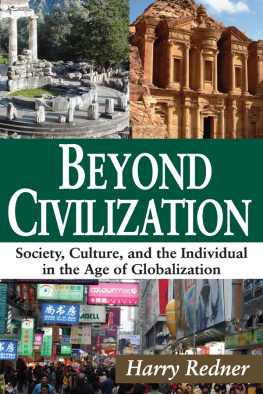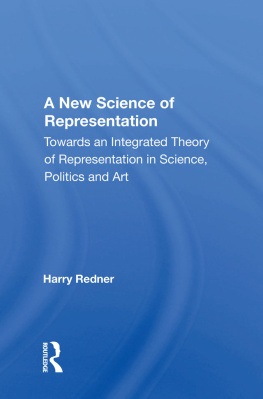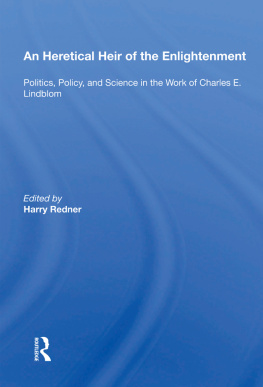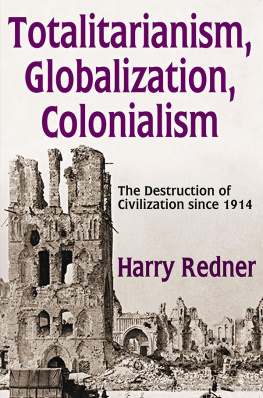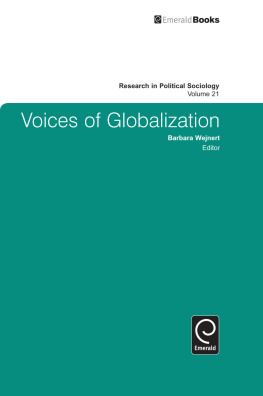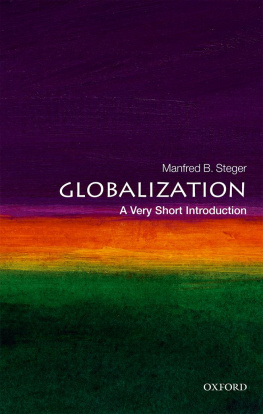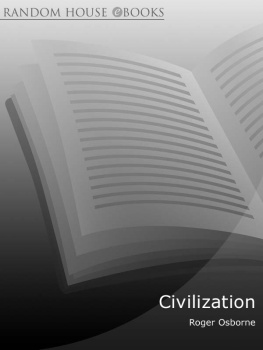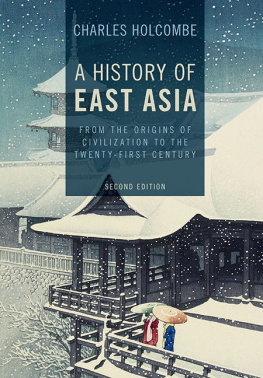First published 2013 by Transaction Publishers
Published 2017 by Routledge
2 Park Square, Milton Park, Abingdon, Oxon, OX14 4RN
52 Vanderbilt Avenue, New York, NY 10017, USA
Routledge is an imprint of the Taylor & Francis Group, an informa business
Copyright 2013 by Taylor & Francis.
All rights reserved. No part of this book may be reprinted or reproduced or utilised in any form or by any electronic, mechanical, or other means, now known or hereafter invented, including photocopying and recording, or in any information storage or retrieval system, without permission in writing from the publishers.
Notice:
Product or corporate names may be trademarks or registered trademarks, and are used only for identification and explanation without intent to infringe.
Library of Congress Catalog Number: 2012020992
Library of Congress Cataloging-in-Publication Data
Redner, Harry.
Beyond civilization : society, culture, and the individual in the age of
globalization / Harry Redner.
p. cm.
Includes bibliographical references and index.
ISBN 978-1-4128-4971-5
1. Civilization, Modern21st century. 2. Civilization, Modern. 3. Culture and globalization. 4. Individualism. 5. GlobalizationSocial aspects. I. Title.
CB430.R37 2013
909.83dc23
2012020992
ISBN 13: 978-1-4128-5485-6 (pbk)
ISBN 13: 978-1-4128-4971-5 (hbk)
Beyond civilizationwhat can this possibly mean? We take for granted that we are civilized beings and so ipso facto living within civilization; anything beyond that seems almost inconceivable. We understand what it is for some people to be prior to civilization, namely, to be in a primitive or barbaric state, as it used to be called, yet clearly this is not what beyond civilization can possibly mean, since our time is neither primitive nor barbaric. Beyond civilization does not mean that we are entering some new obscurantist Dark Age, since everything is now so glaringly illuminated, both visually and intellectually. Nothing is shrouded in darkness; everything is exposed to view as television images light up and reveal what is taking place in every hidden nook and cranny of the world, and anything anyone wants to know is readily available on the Internet. How can this be called beyond civilization?
We have no wish to tease the reader and will therefore reveal right from the outset that what we mean by this term has something to do with the new and unprecedented condition into which the world is now entering that is conventionally known as globalization, though as we shall show, that is a most inadequate description of what is really taking place. Much has already been written on this topic and adding another work to an already voluminous literature would be an otiose undertaking. Instead of following in this well-trodden path, we shall be approaching that which is called globalization from a different direction, from the perspective of a study of civilization; seen from this point of view, it will reveal itself to be very different from what it is conventionally thought to be.
At its simplest, the question we wish to address is this: What is globalization doing to civilization? Namely, what are the consequences to the age-old quest for civilization of the current spread of the processes of interconnection, interpenetration, and integration sweeping the globe? The world is being interlinked and thereby amalgamated at a rapid rate by the communication of messages, the transportation of goods, and the movement of people from one part to another. As a consequence, a global melting-pot is arising, and the world is not only being unified but also rendered uniform. The same conditions are replicating themselves everywhere; the goods, services, entertainments, facilities, and all other commodities offered are everywhere becoming more alike. People are also becoming alike as the many diverse forms of social relations based on cultural difference are reduced to a few basic types, and as a standardized global society is emerging.
Granted that globalization is unavoidable, what are the prospects for civilization? Civilization, as we have traditionally understood it, does not seem to have much of a future. A globalized world of technology, capitalist multinational industry, bureaucratic administration at every political level, and extensive social dislocation is neither conducive to the arts and graces of civilized living nor can possibly measure up to the achievements of former cultures. Even if the world could avoid the worst consequence of globalization, such as the calamities of global warming or, worse still, international rivalries leading to nuclear war, which is far from certain, it would still have to confront the grim prospects of diminishing and deteriorating cultural and social conditions that would make civilization as we have known it an impossibility. Al-ready half a century ago, the philosopher Paul Ricoeur had presciently noted that we have the feeling that this single world civilization at the same time exerts a sort of attrition or wearing away at the expense of the cultural resources which have made the civilizations of the past.
This single world civilizationwhat kind of a civilization is that? Many authors have claimed that it is a technological civilization. But this assumes that technology can serve as a basis for civilization, a far from plausible assumption since all previous civilizations were founded on cultural premises. Can technology take the place of culture? And, if not, then does this not turn the expression technological civiliza-tion into an oxymoron? If technology is allowed to dominate and dictate proceedings, then something might ensue which will be very far from any civilized condition. But in that case, how will it turn out and what can it be called?
To answer such questions requires a very special type of historical study, one such as the historian Theodore von Laue has characterized as a morally alert future oriented global history. We need to know not only where we stand at this present historical juncture but also where we seem to be heading, since we are at a most crucial turning point in human history. How to respond to this and what to do about it elicits our most intense moral concerns. It is with these requirements in mind that we present this study of history structured on the simple chronological progression of the past, present, and future of civilization.
However, though our history is future-oriented, it refrains from jumping too far into the future. We do not know what might eventuate that will reveal where globalization is heading and tell us its real character and proper name. We cannot foresee now what is shrouded in the darkness of time. We cannot presume to know the ultimate fate of civilization, as a matter of principle, and not merely because we lack present knowledge. Hence, we must remain skeptical of those many types of prognostications that attempt to tell us what this future will be like, both those of the utopian futurologists as well as their opposite pessimistic counterparts. To be skeptical in this way must be taken in the ancient philosophical sense of practicing epoch, neither agreeing nor disagreeing with such statements but suspending judgment regarding their truth or falsehood. To the extent that any characterization or description of the present entails such predictions about an unknowable future, it must also be met with pyrrhonic doubt.

